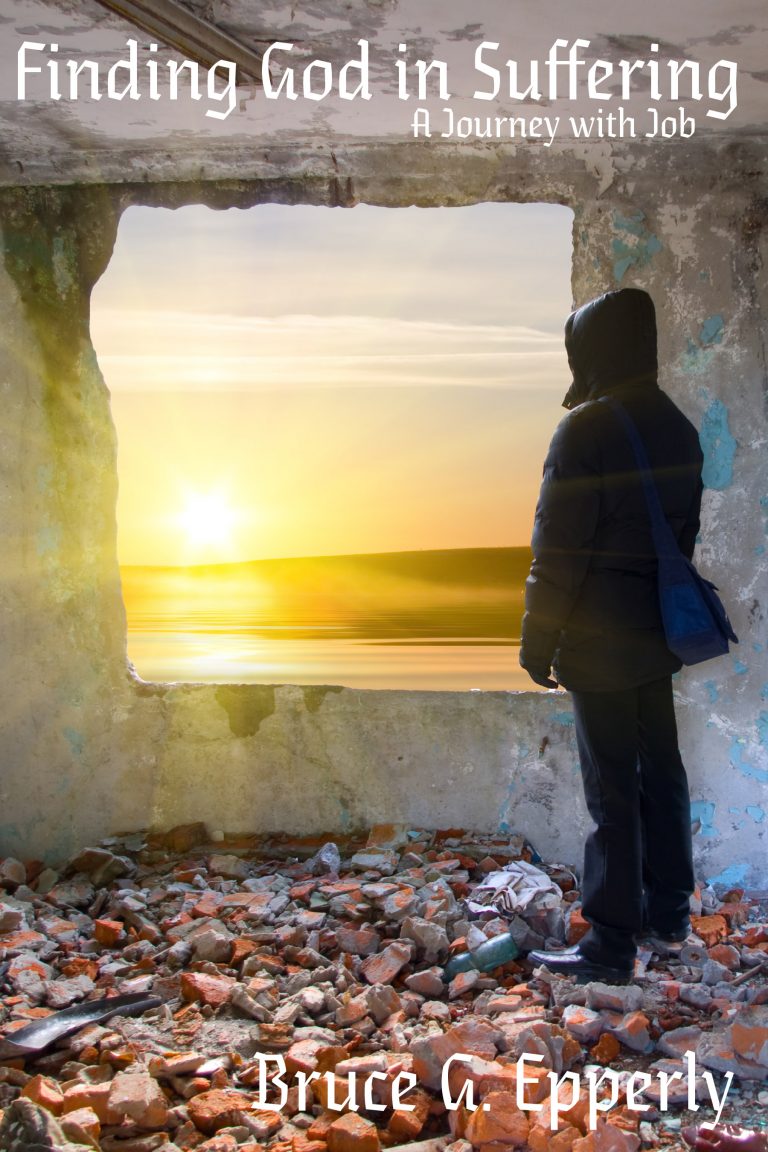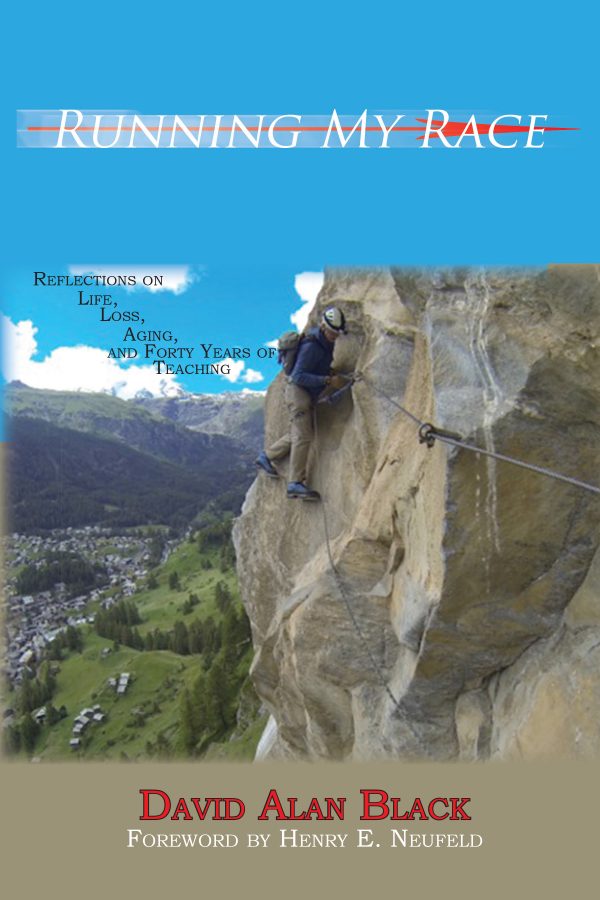My Current Reading
OK, those of you who are looking for an essay can wait for another post. I just want to talk about a few books that I’ve been reading lately.
My reading tastes are quite varied, and normally I surprise someone. I include fantasy, science fiction, mystery, and occasionally some more current fiction in my pleasure reading. In more serious topics, I tend toward religion, Biblical studies, politics and philosophy, though I’m not sure of any order of priority.
Since this is the first time I’ve blogged about reading, let me make a couple of comments. I get asked frequently why I read certain things. Since I’m a Bible teacher, one topic is fantasy. Now in recent years, this question has gotten less common, because Christians have started to get involved in fantasy through works for Tolkien and Lewis. Thus there is the argument that I must read fantasy that is of some spiritual value, and do so in order to be spiritually enriched. But I would have to say that though I am often enriched mentally and spiritually by fantasy reading, that’s not the cause.
Alternatively, I might be looking for ideas. People usually get this idea because I tend to use elements from movies or novels as illustrations in sermons and teaching. Recent references have included “A Fish Called Wanda,” “Bruce Almighty,” and “The West Wing.” I’ve been threatening to build a prayer conference around “Bruce Almighty.” But even though I do use illustrations from fiction, I don’t believe I’ve ever picked up a book because I thought it was going to give me great illustrations. The process is much more that I read so much fiction that it’s surprising I don’t have more illustrations.
The reason I read fantasy or any other form of fiction is simply pleasure. Entertainment. I enjoy it. I think that’s a sufficient reason. Imagination is a good thing. We don’t want to confuse reality and fiction, but use of our imaginations is both fun and constructive.
So down to current reading. Some years ago I read An Oath of Swords, by David Weber. Now Weber is one of my favorite sci-fi or fantasy authors, but somehow I lost touch with the series. Recently I re-read Oath of Swords, and then continued through the series, reading The War God’s Own and Wind Rider’s Oath. If you’re looking for subtlety, don’t go to this series. On the other hand, if you’d like some just plain fun adventure, with plenty of risks, but eventually good guys beating up bad guys, you’ve got it here.
I could tell you that I got a little tired of anticipating blue glows (if you’ve read the book, you probably know what I mean, otherwise enjoy looking for it), and many confrontations were quite predictable. The series doesn’t involve any political complexity–there are good guys, bad guys, and innocents. Only a few people are in a gray area. But I nonetheless had great fun reading these and recommend them.
In science fiction, Timothy Zahn is another of my favorite authors. I have previously enjoyed Zahn’s Conqueror series. This past week I read Zahn’s Night Train to Rigel. I have to admit I found the premise of the book pretty weird, but nonetheless Zahn stuck consistently with his weirdness and managed to make an enjoyable novel and also combined the science fiction and mystery successfully. This isn’t standard science fiction, whatever that may mean, and I notice that the reviews on Amazon.com are a bit low for a Zahn book, but I would recommend it.
After some months of trying, my wife convinced me to read a book by J. D. Robb (Nora Roberts), Purity in Death. The book features Lieutenant Eve Dallas, and she’s after a substantial conspiracy that starts with one bizarre murder. I don’t find the mystery in here to be overwhelmingly mysterious. The book is best read as an adventure, but there were some surprises, and the action and characters are interesting. Robb doesn’t go to the top of my list, but I will certainly be reading some more of her books at some point.
In more “serious” topics, I have been reading the epistles of John in Greek and drafting translations for my Totally Free Bible Version project. Well, call it a “project” may be a bit pretentious. Basically I’ve been putting the translations I regularly make for my own study online so others can use them. I’m hoping some other folks who often study from the original languages will help me. Often I translate myself simply in order to avoid copyright issues. The point in presenting them on the web is that others can adapt them for use, since I’m not placing any copyright or licensing restrictions on them. Links to John’s epistles can be found on the main page linked above.
I’m also currently teaching a Sunday School class using Paul Stroble’s What Do Other Faiths Believe? A Study of World Religions. Stroble is a pleasant change from many study guides about world religions designed for Christian study groups in that it isn’t a checklist on how to convert people of the particular faith. It has numerous thought questions and exercises to use in a group setting, and provides good basic information. Stroble took the approach of interviewing lay members of each particular faith. His book is a little short on scholarly detail, but very strong on the material that a Sunday School class will want to work with. Some conservatives will object because Stroble concludes that one can be saved without being a Christian, but I’d suggest that he provides a good foundation for discussion even for conservative groups.
I can’t skip the editing work I’ve been doing for my company Energion Publications. November found me finishing editing work on three books, Holy Smoke! Unholy Fire!, Consider Christianity, Volume II: Evidence for the Christian Faith, and I Want to Pray!.
Holy Smoke! Unholy Fire! and I Want to Pray! are both directed specifically at Christians. The first deals with the work of the Holy Spirit and was written by Dr. Bob McKibben. Church leaders and pastors will find this book interesting. I’m the co-author of the second. It’s a basic guide to prayer, with the emphasis on basic. I’ve found that many Christians are looking for just such a guide, but I don’t want anyone to buy this little booklet (84 pages) thinking that it will be filled with profound new insights. Rather, it’s designed to lay a foundation.
Consider Christianity, Volume II: Evidence for the Christian Faith is a work of apologetics. Now I really don’t do much that could properly be called apologetics, but I certainly enjoyed editing this book. Elgin Hushbeck, the author, is a friend, and he is somewhat more conservative than I am. I think that he provides some of the most serious challenges to those to his left that I’ve seen. In particular, he calls for those of us to his left to take seriously conservative scholarship. But that’s a sideline. His major aim is to support the claim that Christianity is a faith that is reasonable and relevant. I have requested a review for publication on Energion.com by someone not involved, and I will post here when that review is available.
Finally, I’m just starting on the book Theological Issues in the Letters of Paul, by J. Louis Martyn. It thus far appears to be a moderately conservative, positive view of Paul that takes a serious look at some critical issues. It’s vocabulary is pretty intense. I’ll blog some more about it when I’m finished.
That’s not exactly all I’ve read, but that will do for now!

